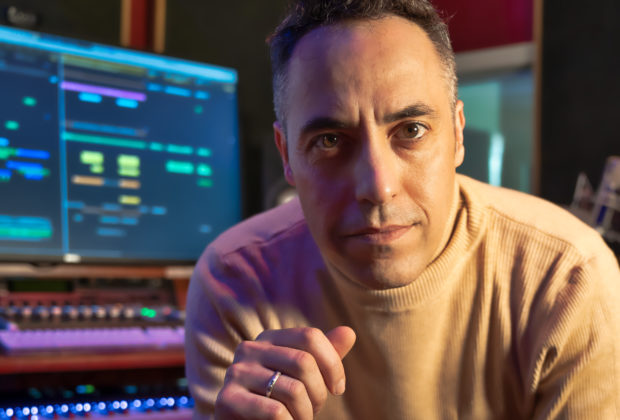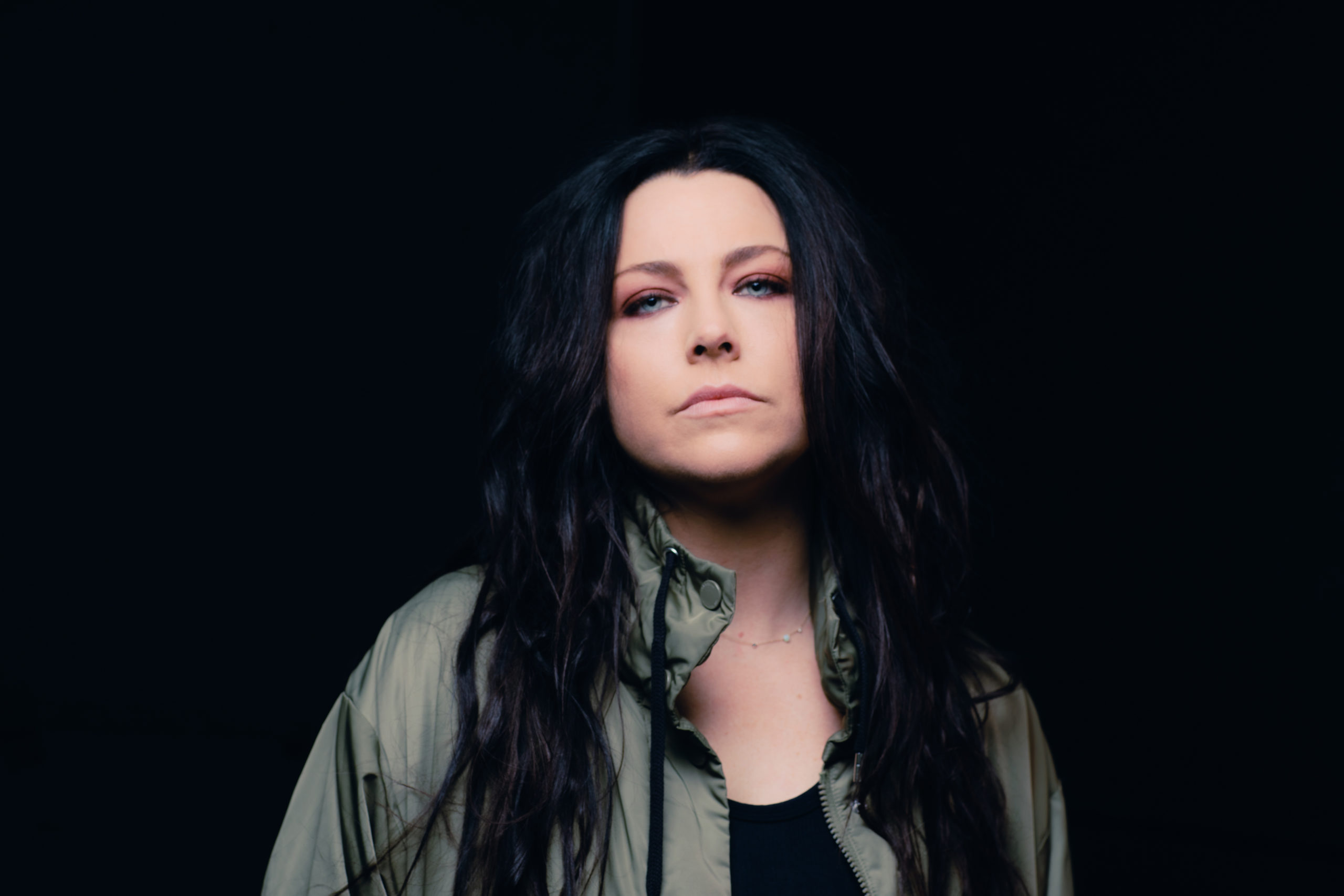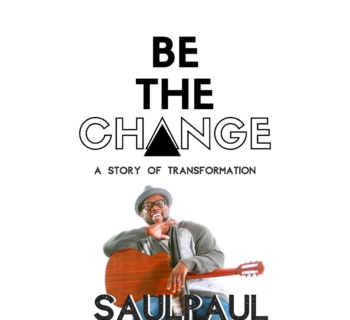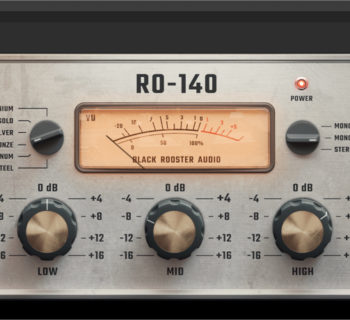Composer
Web: tomsalta.com
Contact: Greg O’Connor-Read, greg@topdollarpr.com
Most Recent: Deathloop
Tom Salta never imagined he’d be a video game composer, but it’s what ultimately made the most sense. He started out in the ’90s touring with other musicians, including with Bobby Brown as a keyboard tech and sound designer, and working in studios with dreams of becoming a record producer. But with the advent of music piracy and the end of an era for the music industry at large, in 2003 Salta decided to figure out how to meld his decades-long love of gaming with his musical chops.
“After a sobering trip to L.A. for E3 [a trade event for the gaming industry], I got the crazy idea that my best chance of being noticed was to go through music licensing channels, rather than trying to ‘break in’ as a composer,” Salta says. “So, I came up with a moniker for my artist persona, “Atlas Plug” and created an entire album on my own of big beat electronica that would be perfectly suited for licensing in games, television and film. I connected with a publisher who pitched the album, and before I even finished, Microsoft heard it and wanted to license four songs in a new game called Rallisport Challenge 2.”
Salta’s time spent working in the studio on music of all genres contributed to his musical versatility as a game composer, but the major difference—and challenge—of composing for games is that the music follows a non-linear path, and is heard in a different way each time the game is played. “Game composers also have to consider ‘the loop.’ A gamer might listen to the same music for 50-plus hours, so you need to make sure that the music strikes the right balance of being engaging and immersive, but also very dynamic and repeatable. Having lots of variety in the music helps quite a bit,” Salta says.
But the key to composing for games, and the most difficult aspect for creators of any kind, Salta says, is that it’s a team sport. “It’s all about the game, not your music. It can especially be a difficult transition for musicians or artists who have always had the final say in their creative efforts.”














